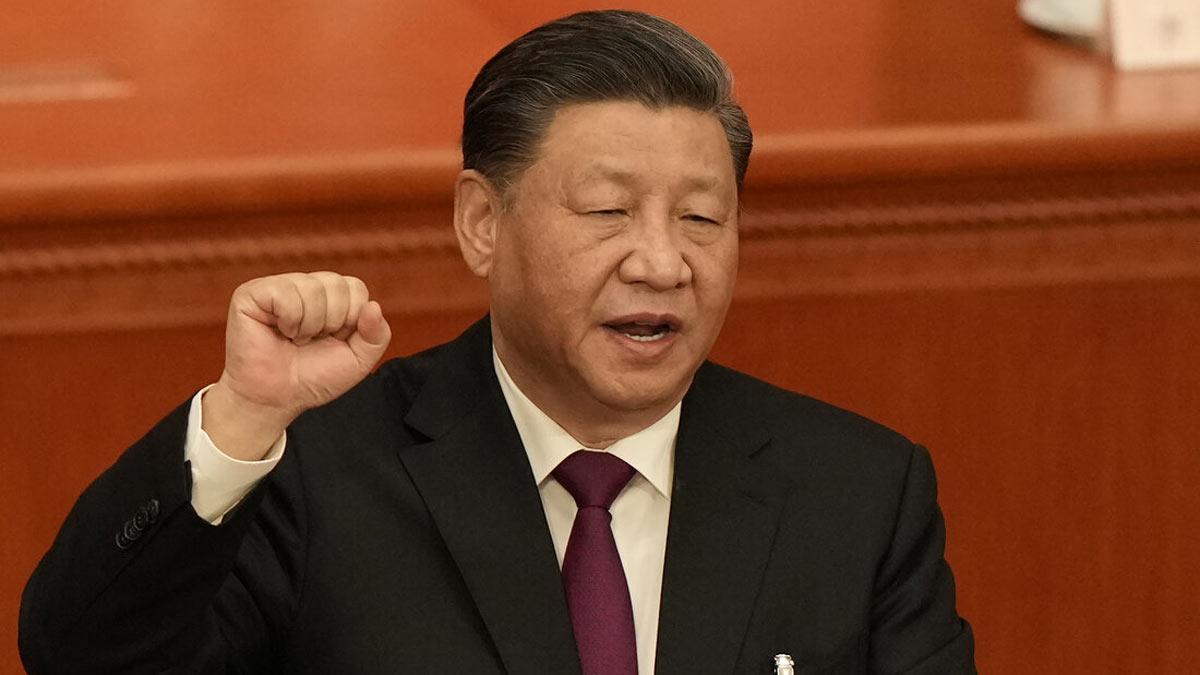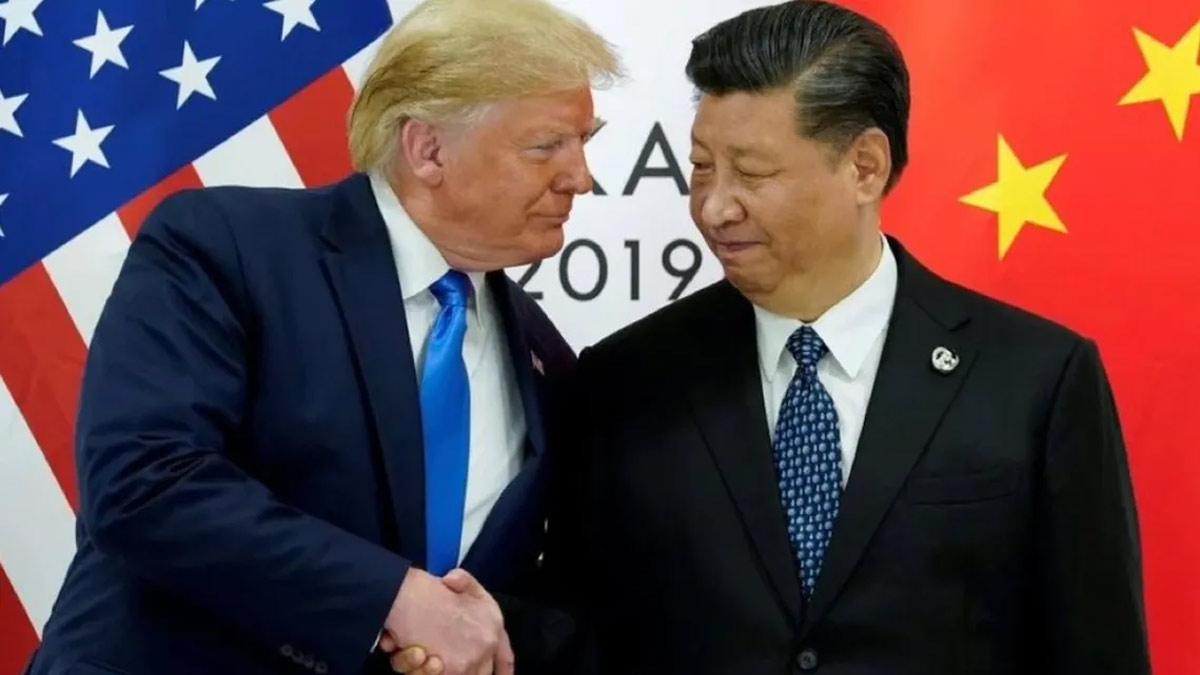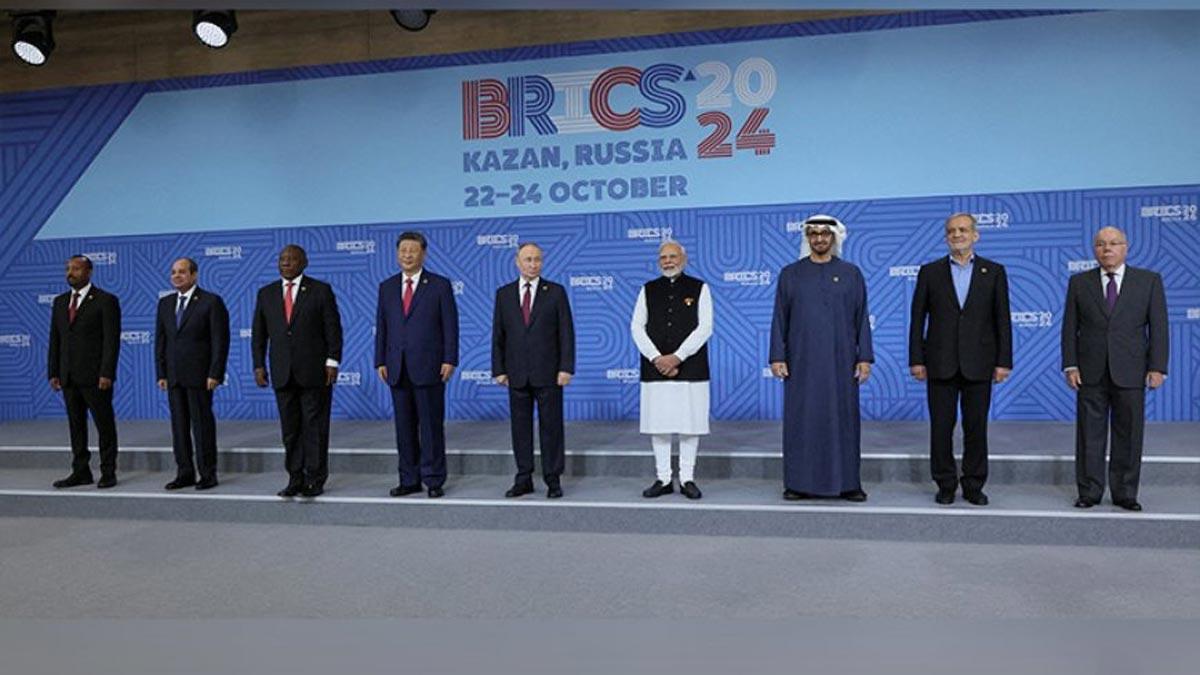As tensions escalate in the ongoing U.S.-China trade war, Beijing has shifted to freeze shipments of essential rare earth elements, specialized metals, and high-performance magnets—resources critical to industries from defense and aerospace to electronics, automotive, and semiconductors.
The move will disrupt supply chains worldwide, but especially in the West, by denying access to components necessary for a vast variety of products.
The Chinese government is in the process of writing a new set of regulations for controlling exports, according to a New York Times report. Meanwhile, exports of magnets—used in products ranging from cars to missile systems—have been suspended at several Chinese ports. When the new regulations are put into effect, they could shut out specific buyers permanently, including major American defense contractors.
America's Heavy Dependence on Chinese Rare Earths
This clampdown is widely viewed as one element of China's larger effort to counter President Donald Trump's heightened trade actions against Chinese exports. China controls the international market for rare earths, producing approximately 90% of all production worldwide. These 17 elements are essential to the production of electric vehicles, renewable energy systems, consumer electronics, and military products.
Seven specific types of medium and heavy rare earth elements—like samarium, gadolinium, terbium, dysprosium, lutetium, scandium, and materials related to yttrium—have been placed on Beijing's export control list. For comparison, the United States has only one rare earth mine and still relies heavily on Chinese supplies.
China on April 2 imposed additional restrictions on the export of rare earths, not only raw materials but also processed magnets and other high-end products. These measures were in retaliation for the Trump administration imposing higher tariffs on most Chinese imports to 54%, analysts stated.
While China had already hinted at doing so, the official action further heightens tensions between the two economic giants. It also places American manufacturers in a bind as they scramble to find alternative sources for rare earths that have long been central to their operations.
As reported by the NYT, businesses now need to apply for special export permits to export these strategic materials from China. The licensing is not yet operational, though, and causes delays and uncertainty. Industry executives worry that continuous disruptions will drain current stocks of these essential materials outside China.
A Strategic Show of Power
This suspension of export—reaching beyond shipments to the United States—is an indicator that China is willing to use its market-leading positions in mining and processing of rare earth as a tool for geopolitical purposes.
While the steps short of a full ban, Beijing can effectively limit exports by capping the number of licenses it grants. American behemoths like Lockheed Martin, Tesla, and Apple rely on Chinese rare earths to keep their supply chains going.
While Washington does have stockpiles of some rare earth elements, experts caution that the inventories are too low to satisfy long-term requirements, especially for defense manufacturing.
China has already imposed flat prohibitions on three particular metals being exported to the U.S. and has strengthened controls on a number of others. The crackdown on heavy rare earths is particularly significant because China's near-monopoly on the world supply makes it so.
"There is only one HREE (heavy rare earth element) operation outside China, Myanmar and Laos at the moment," David Merriman of consultancy Project Blue told Reuters. He also added that China has significant influence over Myanmar and Laos operations, further solidifying its grip on the global supply chain.
Strategic Importance of Rare Earths to the US
The heavy rare earth elements being targeted by China are vital to the production of high-performance magnets utilized in electric motors, which are key parts of electric vehicles, drones, missiles, robots, and airplane systems. They are also essential to conventional gasoline-powered cars.
Apart from transportation and security, these metals are essential in the manufacture of sophisticated technologies like jet engines, laser technology, automotive headlights, spark plugs, and electronic capacitors. These parts are employed in the computer chips that drive artificial intelligence platforms and contemporary smartphones.
Read also| Indian Markets End Week Higher as Tariff Worries Recede
Read also| India's Forex Reserves Climb to $676.3 Billion, Marking Fifth Consecutive Weekly Gain


















